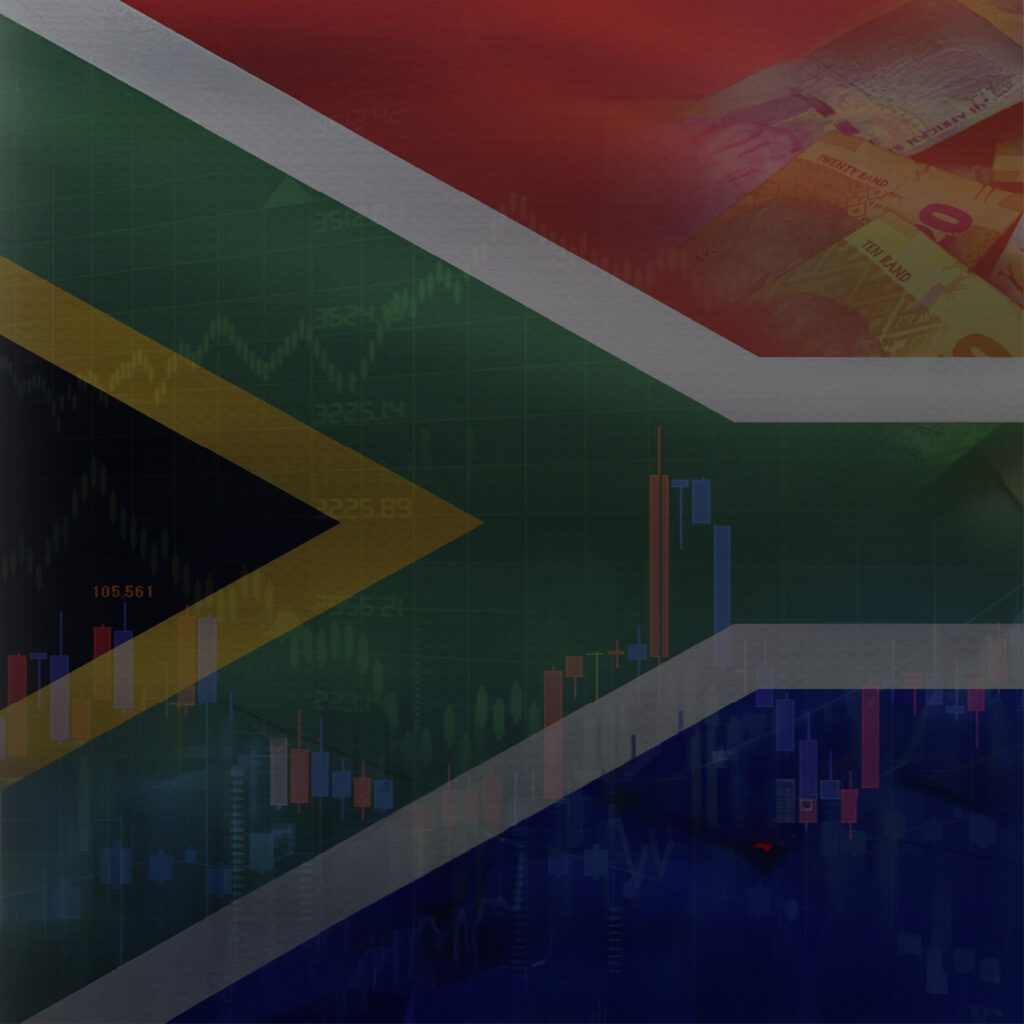The South African Reserve Bank’s (SARB’s) Monetary Policy Committee (MPC) announced on Thursday (25 March), at its second meeting for this year, that is will keep the repo rate at 3.5% p.a. Notably, the decision was unanimous, implying that those MPC members who were previously in favour of further interest rate cuts are now becoming more hawkish in their outlook. Overall, the tone of the statement was more dovish than we had anticipated, and pushes out increasingly expected rate hikes further into the future. The SARB overall assesses risks to the domestic growth outlook to be balanced, and now forecasts 2021 GDP to grow by 3.8% YoY (up from the 3.6% YoY forecast in the January meeting). Notably, GDP is expected to grow by 2.4% YoY in 2022 and by 2.5% YoY in 2023 – both of these forecasts are unchanged since the January meeting. The increase in the 2021 GDP growth forecast was lower than expected, with sharply lower public and private investment last year and continued weakness in 2021 weighing on the country’s growth prospects. As a result, this lower-than-expected increase keeps the inflation numbers contained. The SARB assesses overall risks to the inflation outlook to be balanced. A more appreciated nominal exchange rate in recent months, and generally low pass-through, is expected to continue to moderate some inflationary pressure.
Additionally, the MPC noted a significant, but likely temporary, reduction in medical insurance price inflation this year. While global food price inflation remains high, local food price inflation is slightly lower than previously expected and should remain broadly contained due to the higher local crop production. Oil prices have increased sharply this year and are expected to remain at these levels over the forecast horizon. However, electricity and other administered prices continue to hold upside risks to the inflation trajectory.
It is also worth noting that SARB Governor Lesetja Kganyago took the opportunity to not only paint the picture of an overall weak economy, but to also nudge government to get the fiscal side of the economy under control. His comments bemoaning the state of Eskom, fuel prices, and SA’s slow vaccine rollout further contribute to what is a rather mixed economic outlook. Overall, the SARB expects economic and financial conditions to remain volatile for the foreseeable future. In this uncertain environment, policy decisions will continue to be data dependent and sensitive to the balance of risks to the outlook. The MPC will seek to look through temporary price shocks and focus on second-round effects.




